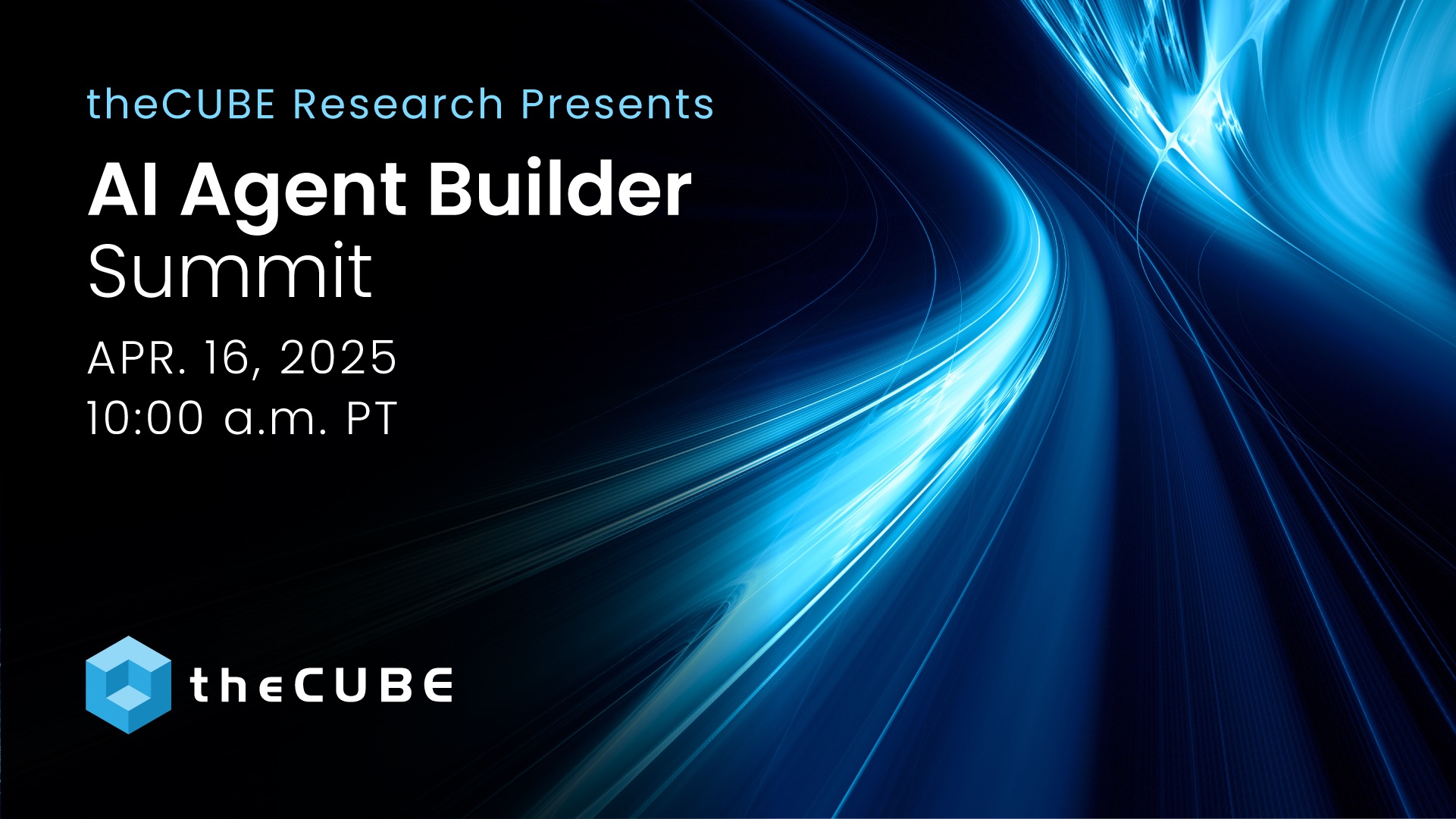Transforming Enterprise AI with Agentic and Causal AI Systems

Understanding Causal AI: The Next Frontier in Enterprise AI
Introduction to Causal AI
Causal AI is rapidly becoming a vital component in the field of artificial intelligence. Recent surveys indicate that nearly 70% of enterprise AI professionals are either currently using, testing, or planning to implement this technology by 2026. This growing interest reflects a shift towards AI systems that do more than just respond to prompts—they explain their reasoning, justify their decisions, and thereby foster greater trust among users. As businesses look to enhance their AI capabilities beyond the flashy outputs of generative AI, the focus is turning towards building more reliable and functional AI systems.
The Shift from Generative AI to Agentic AI
While generative AI has enabled exciting experimentation in organizations, many are still struggling to achieve a measurable return on their investments. According to Scott Hebner, an AI analyst at SiliconANGLE Media, the future of AI lies in agentic systems—those that can act, learn, and adapt based on specific contexts. Despite the widespread deployment of generative AI tools, only a small fraction of enterprises are employing AI for complex decision-making tasks, often referred to as decision intelligence.
- Current Challenges:
- Limited Use Cases: Fewer than 15% of companies are using AI for complex workflows.
- Trust Issues: A lack of trust in AI systems hinders the realization of a solid ROI.
Hebner emphasizes that "trust is now the currency of innovation," underlining the need for AI systems to be both reliable and transparent.
Key Highlights from the AI Agent Builder Summit
The upcoming AI Agent Builder Summit, hosted by theCUBE, will serve as an important venue for discussing these issues. Experts from various sectors, including companies like Deloitte and Sema4.ai, will share insights and best practices, emphasizing real-world applications of agentic and causal AI technologies.
Key Event Information:
- Date: April 16
- Format: Live-streamed digital event
- Featured Topics: Architectures, workflows, and the future of enterprise AI.
The Evolution towards Agentic AI Systems
Agentic AI represents a significant transition from traditional software applications to interactive, intelligent systems. Unlike conventional AI tools that rely on fixed programming rules, these new systems can autonomously learn how to perform tasks and adapt to dynamic workflows.
- Characteristics of Agentic AI:
- Proactive Learning: Can self-learn rules about business processes.
- Collaboration: Works alongside humans to achieve objectives.
There’s a growing recognition that while many enterprises wish to deploy agentic AI, only one-third fully grasp the necessary strategic roadmap. This gap between planning and implementation is seen as a major hurdle in achieving real benefits from AI initiatives.
Importance of Explainability in Causal AI
As AI increasingly influences high-stakes decisions, the transparency of these systems becomes crucial. Enter causal AI, which is designed to provide more interpretable and understandable outputs. A study found that around 70% of organizations intend to adopt causal AI by 2026, illustrating the demand for systems that explain not just the outcomes, but the reasoning behind them.
- Causal AI Benefits:
- Transparency: Helps in understanding the decision-making process.
- Improved Decision Making: Facilitates informed judgments that are essential for business operations.
Leading companies like IBM and Microsoft are investing heavily in causal AI platforms, showcasing the trend toward more interpretable decision-support systems.
The Future of Decision Intelligence
Industry leaders recognize the need for enhanced capabilities not just in automating tasks but in empowering organizations to make better decisions. Stuart Frost, CEO of Gemino Software, stresses that once organizations adopt causal AI, they find it offers significantly improved insights compared to traditional correlational AI methods.
As businesses gear up to join the discussion at the AI Agent Builder Summit, they will explore emerging trends and strategies that reinforce trust and clarity in AI implementation.
How to Join the Live Event
The AI Agent Builder Summit can be accessed via various platforms, including theCUBE’s dedicated event website and YouTube channel. Attendees can participate live and also catch up on recorded sessions afterward.
The event promises an engaging platform where experts will dive into the latest developments in enterprise AI, making it a not-to-be-missed opportunity for those looking to stay ahead in the rapidly evolving digital landscape.
Tune into theCUBE Insights
Alongside the summit, listeners are encouraged to check out the CUBE Insights podcast, offering in-depth interviews and analyses on trending topics in the world of technology and AI. Available on platforms like iTunes and Spotify, the podcast serves as a valuable resource for ongoing education in these critical areas.





